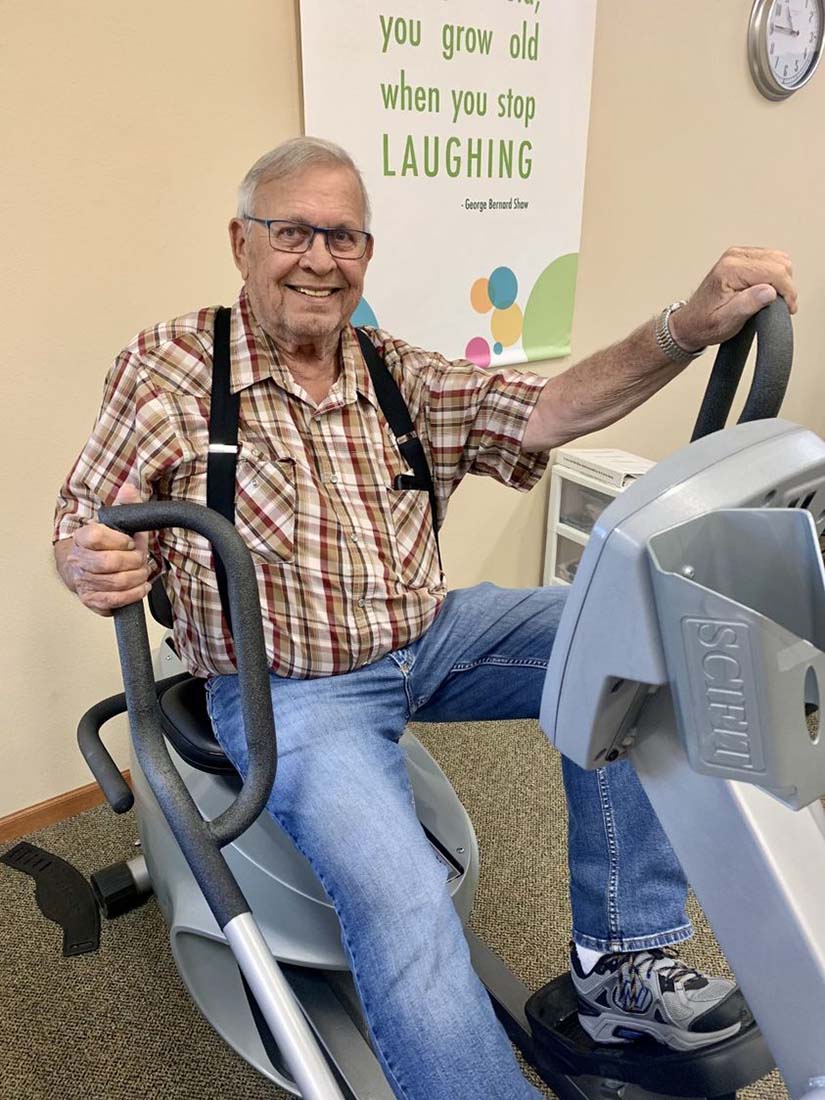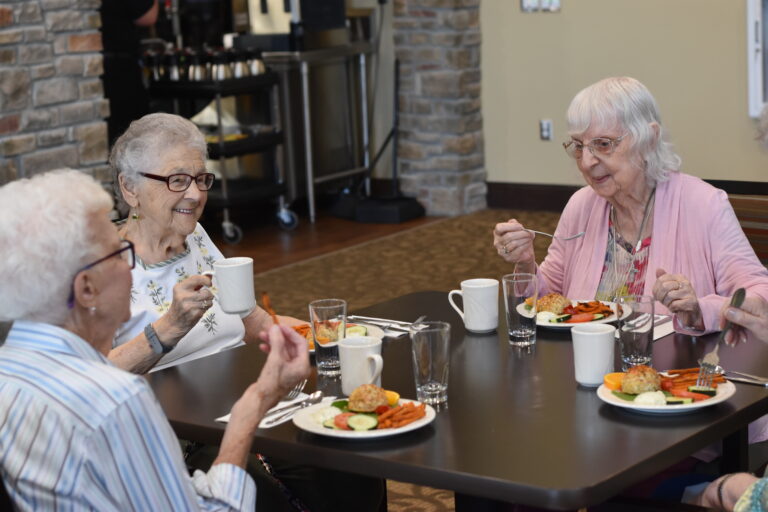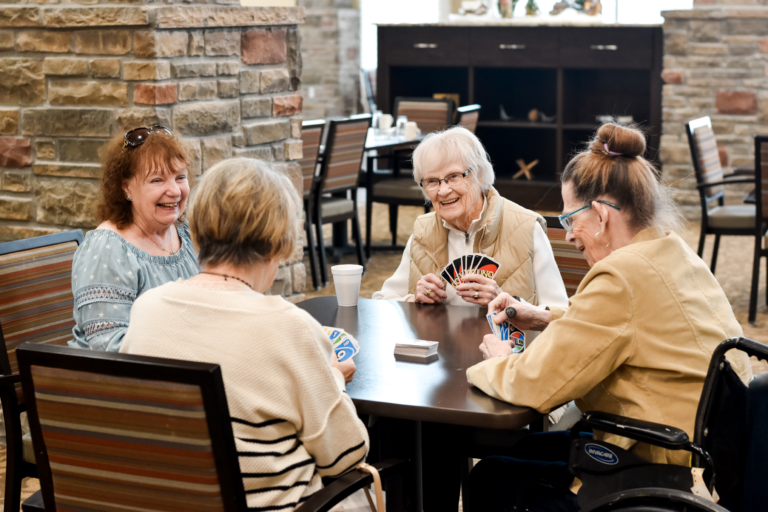
Because April is Parkinson’s Awareness Month, we wanted to help spread the word about how those suffering have found some relief. Through unique therapies, there’s hope!
Parkinson’s disease presents differently in each individual who is diagnosed. There are both physical and non-physical symptoms that come from this neurodegenerative disease, and its symptoms could impact daily functioning and relationships in ways both minimal and devastating.
Find Senior Living Near Me
The early stages of Parkinson’s can be easily misunderstood as ordinary changes from aging. Unfortunately, when symptoms are overlooked, the clock is ticking. Increasing our understanding of the disease process helps us to intervene earlier.
Common Early Signs of Parkinson’s:
- Fatigue
- Decreased ability to smell (which may also lead to appetite changes and weight loss)
- Constipation
- Small, cramped handwriting
- Voice changes
- Stooped posture
It’s no wonder that the early signs of Parkinson’s disease often go unrecognized. The body tries to alert you to this movement disorder for years before movement difficulties are generally even recognized, and you naturally compensate for these early warning signs. However, as the disease progresses to the mid-to-late stages, there are much more noticeable symptoms. Read on to learn more about the common symptoms and some of the lesser-known ones.
Four Major Characteristics:
- Tremors (shaking that occurs at rest)
- Stiffness in the arms, legs, and trunk
- Slow movements
- Problems with balance and a tendency to fall
Secondary Symptoms:
- Reduced arm swinging when walking
- Tendency to get “stuck” or have stiff legs or feet that quit working
- Tendency to fall forward
- Muffled, low-volume speech
- Blank facial expression
- Decreased blinking and swallowing
Lesser-Known Symptoms:
- Increased risk of melanoma (skin cancer)
- Flaky white or yellow scales on the skin, known as seborrheic dermatitis
- Sleep disturbances with vivid dreams
- Hallucinations
- Difficulty with visual-spatial relationships
- Problems with attention and memory
- Depression
- Anxiety
- Muscular pain
Caregivers often wonder what will help their loved ones to live well through the progression of Parkinson’s disease. There are many hopeful therapies available to help promote success and a feeling of empowerment for someone living with Parkinson’s.
LSVT BIG® and LOUD®
Since 1987, individuals have been experiencing the benefits of amplitude-based treatment developed by Dr. Lorraine Ramig, called Lee Silverman Voice Treatment (LSVT LOUD). It is based on the principle of “recalibrating” the understanding of how to use the voice to provide for increased volume, clarity of speech, and facial expression. LSVT LOUD is directed by a specially trained speech therapist and follows a specific dosage for optimal results. More recently, LSVT BIG has been developed with the same principles of amplitude-based training and recalibration from LSVT LOUD, but this time to focus on the movements of the body as a whole. Certified physical and occupational therapists lead the participant through a one-on-one, intensive four-week program to optimize the performance of walking, balance, dressing, handwriting, and whatever other tasks are meaningful to each participant.
Parkinson Wellness Recovery (PWR!)
Parkinson Wellness Recovery (PWR!) is a model of fitness and health for life developed by Dr. Becky Farley in 2010 for individuals with Parkinson’s disease. It creates a natural flow to and from group fitness classes and skilled one-on-one therapy with a certified PWR! occupational or physical therapist to decrease symptoms of Parkinson’s disease and promote an optimal quality of life. PWR! uses four primary movements: PRW! Up, PWR! Rock, PWR! Twist, and PWR! The steps that work to counteract the symptoms of stiffness, slowness of movement, incoordination, and reduced awareness of the body commonly found in individuals with Parkinson’s disease. PWR! builds physical, cognitive, and emotional health through specialized delivery of service and through empowering participants to live well every day.
Rock Steady Boxing
Empowerment and hope are the keywords for Rock Steady Boxing. This one-of-a-kind program is designed to knock out the symptoms of Parkinson’s disease through a specially designed non-contact boxing program. Not only does this program optimize physical fitness, but it provides a non-traditional support group setting where participants and their care partners come together to fight back against Parkinson’s disease. Whether you consider yourself an athlete or not, this program is for you!
With the help of CaringEdge’s Outpatient Therapy Program, those residing at Edgewood have some options for managing their Parkinson’s through the programs we highlighted above. When Parkinson’s strikes, there’s no cure, but creatively, we can help those in need to find relief. Reach out to us today at info@edgewoodhealthcare.com to learn more.




